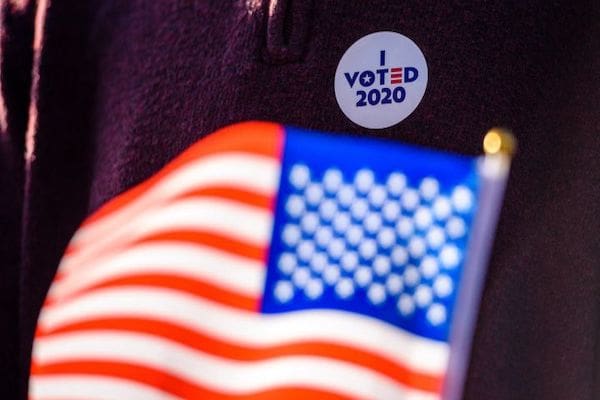“A ‘moment of grace’ … [is] the point where people are forced to make a decision that either enables them to transcend a circumstance or succumb to it.” (Simon Joyner on the literature of Flannery O’Connor).
“The reader wants his grace warm and binding, not dark and disruptive.” (O’Connor, 1863).
(U.S Election, 2016): You watched a play that night, as the old world died somewhere over the water, and the death on stage was far realer than you anticipated. The murder of a virgin— Othello, it was, bloodless and silent, between two swathes of white cloth. When you came out the sky was black like an open mouth full of pearly teeth. You thought, sixteen at the time: This is what death must really be like, in the grown-up world. Acts of violence, committed in the name of love. And from then on it was hard to feel safe again.
(If you are reading this out loud, look the children in the room in the eyes until they cry, or run away.)
You know this demagogue now. His words, that exploit all the ways in which you are present. (Rankine, Citizen, 134) His face like a mirror held up for the world to see itself. And you do not think yourself any safer from self-delusion here, across the water.
Imagine your Prime Minister says;
“Don’t import things happening overseas to our country,”—
But what if it’s three centuries earlier,
Importing white criminals and imperialism?
Imagine that a word is just a keyhole for seeing
But you are squinting through ‘Australia’
To blur the red around the edges.
Imagine
“We have problems”
but also
“don’t make this into something it isn’t about.”
Like it’s not a mindset to unload blame
Punish responsibility
Ignore complicity in a past that still creaks under these floorboards at night.
Making our steps careful.
(If you’re reading this out loud, speak as though you are telling a ghost story around a campfire.)
Four years older now, you still have no clue about the grown-up world, but you have looked death in the eyes and he is an American. You are drinking to forget the burn of nerves in your stomach, like a bunch of copper wires. Hope flares and quiets like the tongues of flame in the bonfire, the waves of conversation above the inky silence. You aren’t religious but this feels close to it; possibility simmering within you. Gold rings burn into your retinas like some sort of eternal truth-loop of love-hate-hope-despair, making different futures rise and fall away just as quickly, like sand castles.
(If you are reading this to an audience, perform the sign of the cross with one hand and kiss your thumb at the end of it, like you are kissing a future that only you can see).
x
I am looking for someone to tell apart
Love and violence for me
So I can say for sure
That there is a difference.
I am looking for someone to tell apart
Love and violence
Murder and kisses,
Little moments of life and death in the dark which define us
And everything we don’t have the words for right now.
Violence can shake us out of ourselves too, says Flannery O’Connor.
Of the truths we have settled for.
Fear, grabbing us by the throats
Fear, which is ultimately another name for the horror of self- recognition.
And so violence breaks us like seed through soil,
And love— like a garden that must be tended for
May as easily crack our windows with green claws
Buckle the brick walls and strangle drain pipes
Pop open floor boards and drown the sun
—There is a fine balance between the two, I told you.
But there is also violence
Like the fresh wound of birth
Like the cutting away of foliage
When we have lost sight of our home.
Progress asks us to transcend what we have, in order to retain who we always were. And so too, this great violence prepares us to love our worlds enough to change them, once again.





